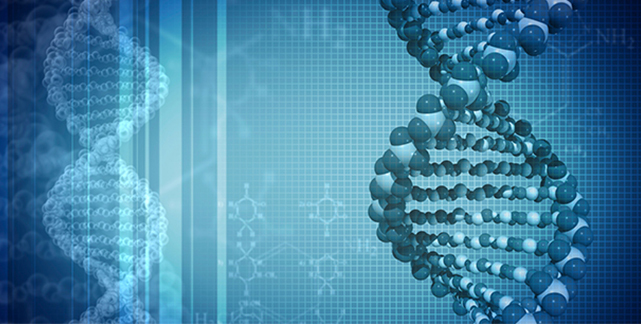
The genetic mutations that put people at high risk for breast cancer may also be linked with an increased risk of salivary gland cancer, a new study suggests.
Researchers analyzed information from 187 people with breast cancer who had mutations in the BRAC1 and BRAC2 genes — which are linked with a high risk of breast and ovarian cancer. The researchers also examined several generations of patients’ close relatives, some of whom had also been tested for the BRCA1 and BRCA2 mutations.
Of the 5,754 people in the study, three had salivary gland cancer, and all three were relatives of the breast cancer patients. The overall rate of salivary gland cancer in the study families was 0.052 percent. This is much higher than the rate of salivary gland cancer in the general population, which is three cases per 100,000 people, or 0.003 percent, the researchers said.
Of the three people with salivary gland cancers in the study, one was a relative who had a confirmed BRCA1 mutation. The two other cases were relatives who had not been tested for the BRCA1 or BRCA2 mutations.
Earlier studies have linked breast cancer with salivary gland cancer, but the new study is one of the first to find a link between mutations in the BRCA gene and salivary gland cancer, the researchers said.
Salivary glands and breast tissue are both types of exocrine tissue, which means they secrete products (such as saliva or milk) through a duct into an organ.
The new study “resulted in a significant observation that we believe, when considered alongside other similarities between salivary glands and breast tissue, warrants further investigation into the nature of a possible linkage between … BRCA mutations and salivary gland cancer,” the researchers, from Ohio State University College of Medicine, wrote in the journal JAMA Otolaryngology–Head & Neck Surgery.
The researchers noted that because two of the people with salivary gland cancer in the study did not have genetic testing results, the researchers cannot confirm that these individuals had BRCA mutations. But in one of these patients, there was a 50 percent chance that he had the mutation due to familial risk, the researchers said.
